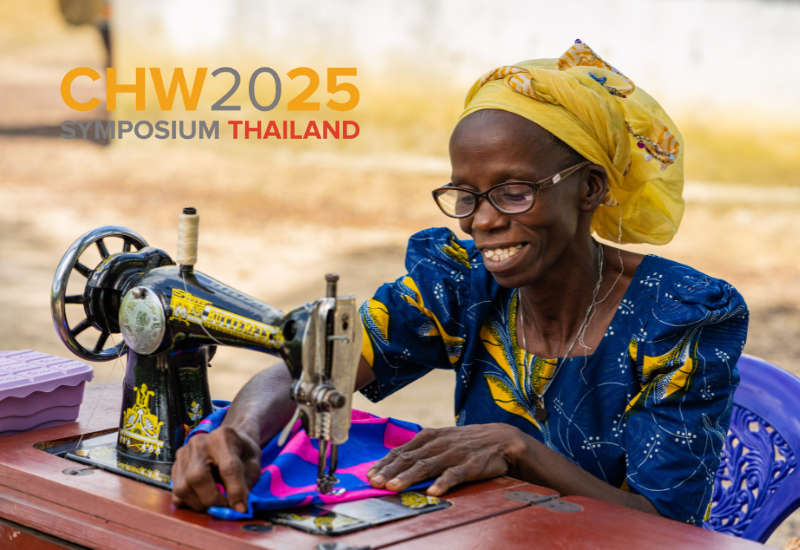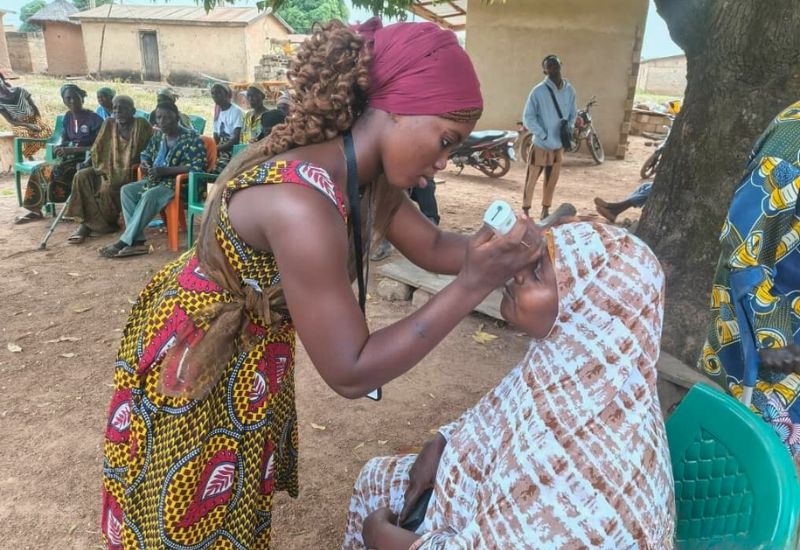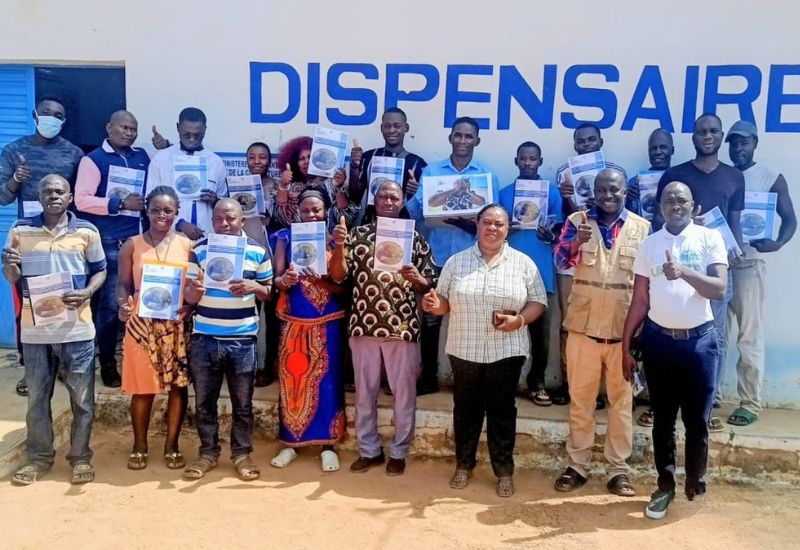On May 14th and 15th 2024, the World Health Organization (WHO) launched a new initiative, SPECS 2030, to assist countries in achieving the global eye care target of a 40% increase in the proportion of people with access to appropriate spectacles.
The launch was held during a 2-day meeting in Geneva, Switzerland with over 100 participants including Member States representatives, UN agencies, academia and nongovernmental organizations.

We're proud to be an inaugural member of the Global SPECS Network, a coalition of key stakeholders that will support UN Member States in achieving the 2030 target. EYElliance CEO and Co-founder, Liz Smith, attended the launch of the World Health Organization SPECS 2030 initiative and the inaugural meeting of the Global SPECS Network on May 14th and 15th.

“We are committed to strengthen engagement with all key stakeholders and unite towards coordinated action and advocacy,” said Dr Bente Mikkelsen, WHO Director for Noncommunicable Diseases, Rehabilitation and Disability. “To achieve this, the WHO Global SPECS Network has been established and the inaugural 32 member organizations are participating in the meeting.”
"It's wonderful to see the global momentum building at the inaugural WHO SPECS 2030 initiative & the Global SPECS Network launch, where initial findings from our collaboration with UNESCO's International Institute for Capacity Building in Africa (IICBA) to advance a new cost benefit analysis will strengthen the economic rationale for school eye health." said EYElliance's Liz Smith.

Globally, it is estimated that only 36% of people with a distance vision impairment due to refractive error have received access to an appropriate pair of spectacles, while more than 800 million people have a near vision impairment that could be addressed with a pair of reading spectacles. In recognition of the large unmet need for care, coupled with the fact a highly cost-effective intervention exists (i.e. spectacles), WHO Member States endorsed the first-ever global target for refractive target for refractive error at the Seventy-fourth World Health Assembly (2021). Specifically, the global target is a 40% increase in effective coverage of refractive error by 2030.
"The SPECS 2030 initiative marks a significant milestone in combatting uncorrected refractive error, commonly known as short-sightedness or long-sightedness, which is the leading cause of vision impairment in both children and adults,” said Dr Mikkelsen. “Globally, it is estimated that only around one third of people with vision impairment due to refractive error have access to a pair of spectacles that allows them to see well.”
The SPECS 2030 initiative calls for coordinated action across 5 key pillars:
- improve access to refractive Services
- build capacity of Personnel to provide refractive services
- improve population Education
- reduce the Cost of refractive error services
- strengthen Surveillance and research.
The initiative will focus on 4 key strategies of engagement to support countries and stakeholders.
- Normative work builds on WHO’s existing technical guidance for eye care and developing additional resources.
- Global SPECS Network provides a platform for relevant organizations to promote collective and coordinated advocacy and action, share experiences, and expand their professional network.
- Private sector dialogues will be convened with relevant private sector actors, including for example the optical, pharmaceutical and technology industries, private sector service providers and insurance companies.
- Engagement of regions and countries, including a range of activities, will accelerate progress and bridge the gap between global eye care commitments and country implementation, such as WHO-led policy dialogues with governments, country-level workshops, or capacity building and awareness raising activities.
Read more about the SPECS2030 launch and the normative work being undertaken by the WHO and Global SPECS network members at https://www.who.int/news/item/14-05-2024-who-launches-new-initiative-to-tackle--the-main-cause-of-vision-impairment.







.jpg)